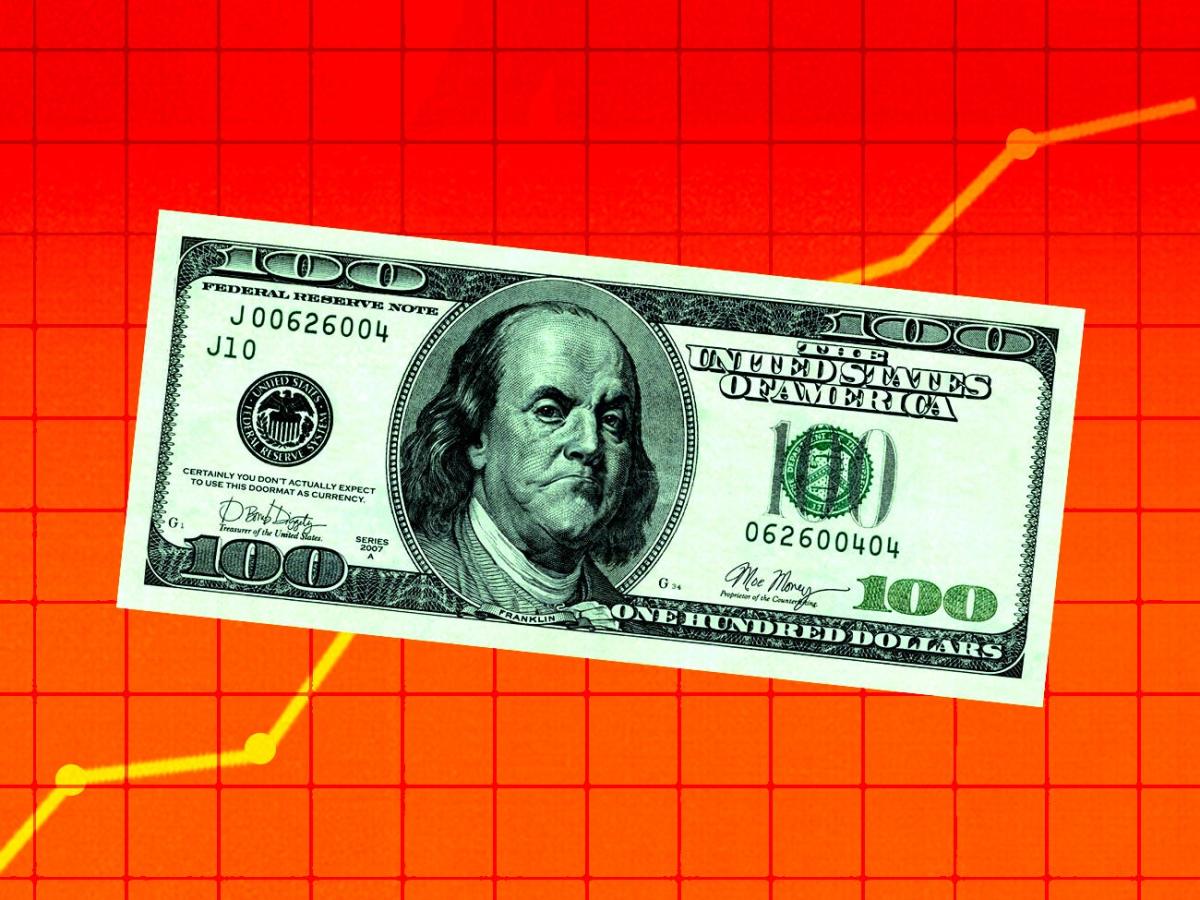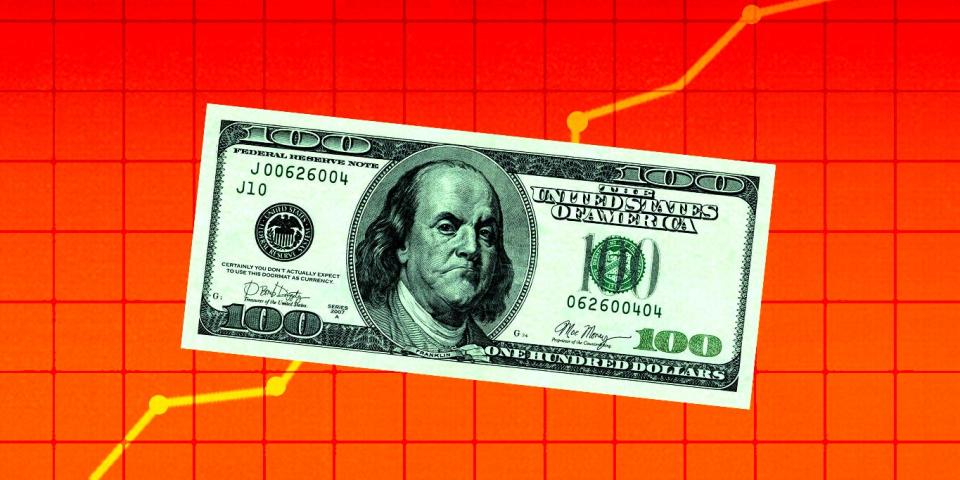Why there will be a recession in 2025, according to an experienced economist


-
According to Steve Hanke, the US economy will enter a recession early next year.
-
In an interview on YouTube this week, the economist pointed out a worrying trend in the money supply.
-
He predicted that inflation would likely fall below 2% due to slowing economic activity.
The U.S. has not escaped a recession, and the economy is slowing too quickly to create a soft landing, says leading economist Steve Hanke.
The Johns Hopkins University professor pointed to signs of a slowdown in economic activity as inflation has cooled from its peak of around 9 percent in 2022. With this trend, consumer prices are inevitably likely to cool to below 3 percent by the end of the year and eventually fall below 2 percent as the economy contracts, Hanke predicted.
“I think things are slowing down and will probably push us into a recession by the end of this year or early next year,” he added in a recent interview on the Julia La Roche Show.
Hanke has been warning of such a downturn for months, making him one of the last remaining bears on Wall Street. Most forecasters believe the US can avoid a recession – but the money supply, a measure of how much cash and other highly liquid assets are circulating in the economy, is falling, says Hanke, suggesting that economic activity would slow in parallel.
The M2 money supply has been shrinking for most of the past two years, growing just 0.5% year-on-year in early June, according to Fed data. By comparison, the M2 money supply grew 27% in early 2021 as pandemic-related stimulus measures boosted economic activity.
The growth rate of the money supply is also well below the 6% growth rate that Hanke believes corresponds to 2% inflation. This suggests that the Fed will have to loosen its monetary policy drastically if it wants to keep inflation at a reasonable level, Hanke said.
“The big implication is that interest rates follow the rate of inflation, so interest rates are going to come down quite a bit,” Hanke said of inflation falling below the Fed’s 2 percent target.
To curb rising inflation, Fed officials have been rapidly raising interest rates in 2022 and 2023. Rates are currently at their highest level since 2001, a level that other experts have warned could push the economy into recession.
Hanke says that the central bankers deserve a “very poor” rating for their monetary policy approaches in recent years. This is because they were too late in addressing the enormous expansion of the money supply and the resulting rise in inflation.
“This is one of the worst performances of the Federal Reserve,” Hanke said. “The average person on the street corner knows that if they increase the money supply, there will be inflation. And if they tighten it – we’ve had four contractions in the history of the Fed since 1930 – and each of those has led to deflation of the economy and ultimately a recession.”
Fed officials appear ready to cut interest rates later this year, but the prospects for a recession are still uncertain. According to the latest estimate by New York Fed economists, the U.S. has a 56 percent chance of slipping into a recession by June 2025.
Read the original article on Business Insider


